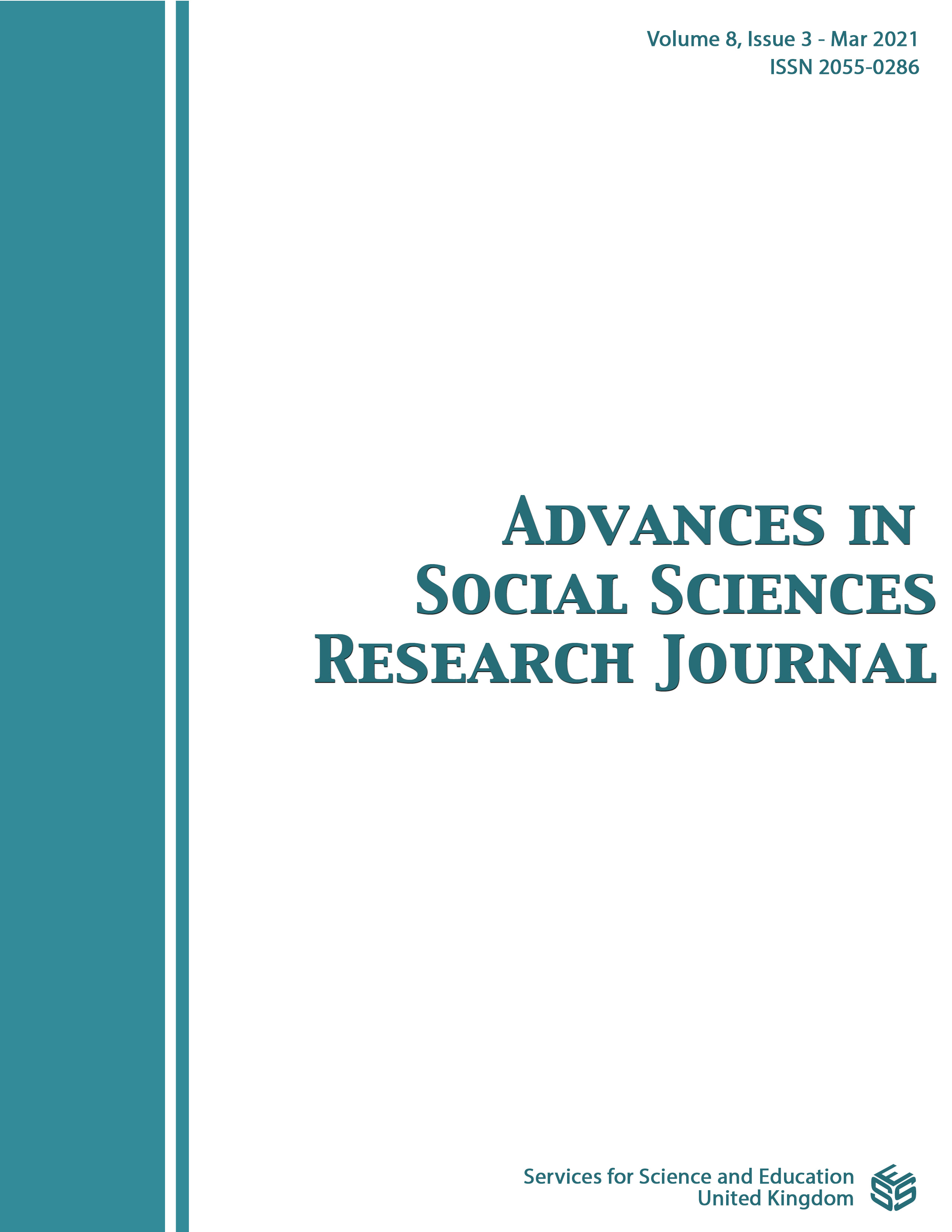EFFECT OF ORGANIZATIONAL BEHAVIOR AND ORGANIZATIONAL CLIMATE ON EMPLOYEE JOB SATISFACTION IN PT. EAGLE INDO PHARMA
DOI:
https://doi.org/10.14738/assrj.83.9873Keywords:
Organizational Behavior, Organizational Climate, Job Satisfaction, CommunicationAbstract
This research was conducted to determine the impact of organizational behaviour and organizational climate on employees’ satisfaction at PT. Eagle Indo Pharma. This research uses quantitative methods with descriptive-causal research that uses the principle of positivism. The sampling technique used is probability sampling by taking 83 employees as a sample in this study. The data obtained in this study is by distributing questionnaires through Google Form. The questionnaire contains 33 statement items with a Likert measurement scale. Based on the test results, it was found that there was a positive and significant influence on employee organizational behaviour on employee job satisfaction, there was a positive and significant influence on employee organizational climate on employee job satisfaction and there was a positive and significant influence on organizational behaviour and organizational climate together on employee job satisfaction. Organizational climate has a greater influence (on employee job satisfaction) than organizational behaviour. The quality of organizational behaviour and organizational climate together contribute to job satisfaction by 54.4% (= 0.544x 100%). While the remaining 45.6% is influenced by other variables which are not discussed in this study. Based on the value processed from the hypothesis test or t test, that the signification t 0.000 < 0.05 and the thitung value (X1) 2.036 > ttabel 1.990 and thitung value (X2) 4.216 > ttabel 1.990. Hence, it can be interpreted that H0 is rejected and H1 and H2 are accepted that there is a significant impact among variable X1 (Organizational Behaviour) and variable X2 (Organizational Climate) on variable Y (Job Satisfaction) in PT. Eagle Indo Pharma.
References
Alan H. Rosenstein, M. M. (2015). Strategies to Enhance Physician Engagement. Medical Practice Management .
Bellini, D. (2019). Exploring the influence of working environments’ restorative quality on organisational citizenship behaviours. International Journal of Environment Workplace and Employment .
Broeck, A. V. (2014). The mediating role of psychological needs in the relation between qualitative jobinsecurity and counterproductive work behavior. Career Development International , 19.
Damayanti, T. W. (2014). Nonpositivism in Behavioral Accounting Research: Initiated a Collaboration ofParadigm. International Journal of Management Excellence , 3.
Fakhar Shahzad, R. A. (2012). Impact of Organizational Culture on Organizational Performance: An. Interdisciplinary Journal Of Contemporary Research In Business , 3.
Fauzi, M., & Warso, M. (2016). Pengaruh Budaya Organisasi dan Job Satisfaction terhadap Kinerja Karyawan dengan Komitmen Organisasi Sebagai Variabel Intervening. Journal of Management Vol.02 No. 02, 3.
Idowu. (2017). Understanding Organisational Culture and Organisational Performance: Are They Two Sides of. Journal of Management Research , 1, 19.
Idowu, D. O. (2017). Understanding Organisational Culture and Organisational Performance: Are They Two Sides of. Journal of Management Research , 1, 19.
Joko Suwaryo, H. K. (2015). Organizational Culture Change and its Effect on Change Readiness through Organizational Commitment. International Journal of Administrative Science & Organization , 22.
Kaifi, B. A. (2011). Organizational Behavior: A Study on Managers, Employees, and Teams. Journal of Management Policy and Practice , 12, 89.
Pace, R. W., & Don, F. F. (2001). Komunikasi Organisasi: Strategi Meningkatkan Kinerja Perusahaan. Bandung: Rosdakarya.
Robbins, S. P., & Judge, T. A. (2008). Perilaku organisasi, Edisi 12. Jakarta: Salemba Empat.
Rohim, H. S. (2016). Teori Komunikasi: Perspektif, Ragam, dan Aplikasi. Jakarta: Rineka Cipta.
Sefudin, A., Hapsari, S., & Prasetyono, H. (2014). Perilaku organisasi. Jakarta: Mitra Abadi.
Sugiyono. (2017). Metode Penelitian Kuantitatif, Kualitatif dan R&D. Bandung: Alfabeta.
Sule, E., & Priansa, D. (2018). Kepemimpinan & Perilaku organisasi: Membangun Organisasi Unggul di Era Perubahan. Bandung: PT. Refika Aditama.
Wirawan. (2007). Budaya dan Iklim organisasi: Teori Aplikasi dan Penelitian. Jakarta: Salemba Empat.
Downloads
Published
How to Cite
Issue
Section
License
Authors wishing to include figures, tables, or text passages that have already been published elsewhere are required to obtain permission from the copyright owner(s) for both the print and online format and to include evidence that such permission has been granted when submitting their papers. Any material received without such evidence will be assumed to originate from the authors.






